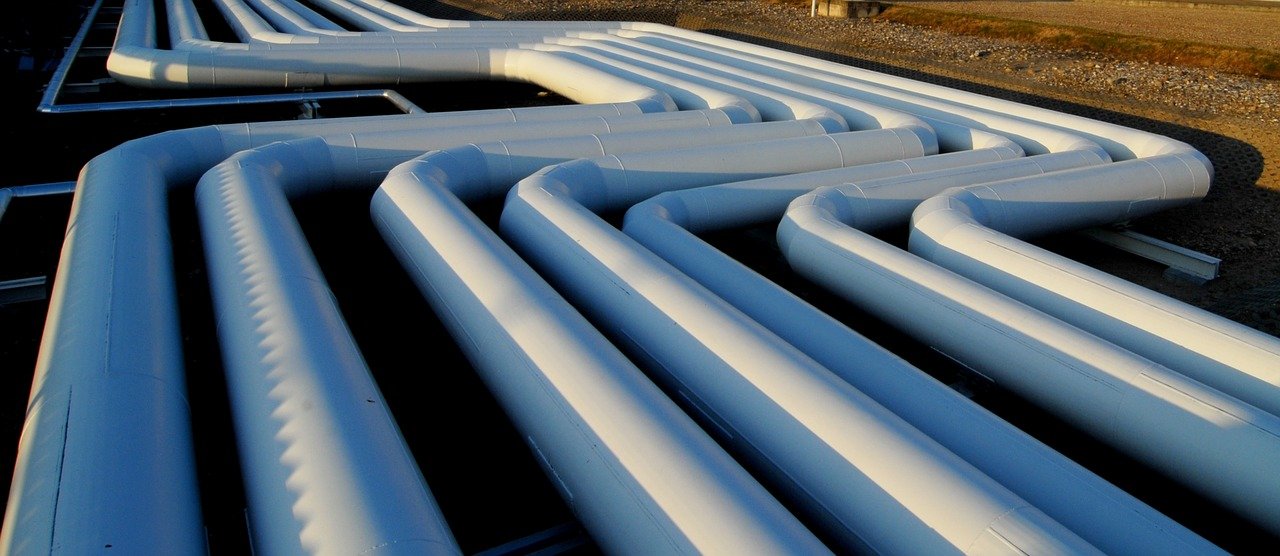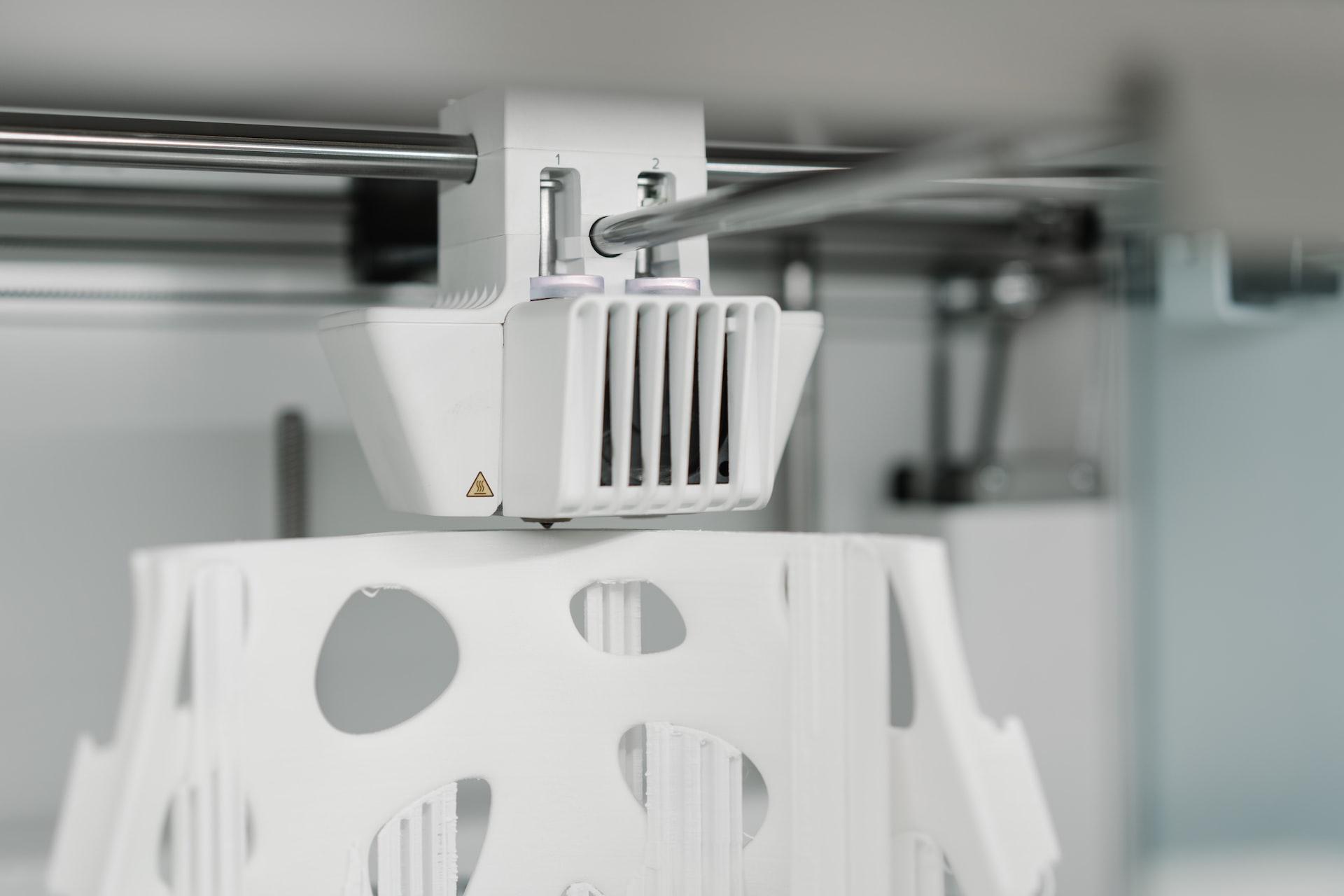The polymer known as epoxy or epoxy resin is an increasingly common type of adhesive, with unique properties that make it suitable for various consumer and industrial applications. As with other kinds of polymers (wool, styrofoam, and rubber), epoxies comprise a molecular structure that gives them exemplary toughness and elasticity.
This particular polymer is also highly adhesive and resistant to chemicals and heat. You can find epoxy being used with a range of materials, including metal, glass, wood, and fabric. It’s worth noting from the onset that the resin is not water-resistant and will deteriorate with repeated exposure to moisture over time.
That said, epoxies remain an ideal material for numerous situations. Here are the key applications for epoxy resins.
Production and Construction
From paints and plastics to primers and sealers, epoxies are used in many areas of manufacturing. They are also present in certain aspects of building, such as coating and flooring. To learn more about the commercial and industrial uses for epoxy, you can check out the FRE Conduit product line.
Structural Adhesives
If you ever come across an adhesive in the “engineering” or “structural” category, chances are that it’s an epoxy. The material is a high-performance polymer, making it a popular option when dealing with wood laminates, be it for decking, roofing, or flooring. However, epoxy is also used to bind concrete, stone, glass, and metal.
Sealants
Another key advantage of epoxies is that they not only make effective adhesives but also sealants – assuming moisture is not a factor. This is especially true for heavy-duty substrates like concrete. Coupled with their visual versatility, epoxies are commonly used as a high-gloss coating as well.
Floor Coating
Following what we mentioned above, epoxy resins are regularly found coated on top of decorative surfaces, including chip flooring, terrazzo flooring, and colored aggregate. Since the epoxy layer can augment specific materials, it is the top choice for adding contrasting elements such as tonal quartz and paint or vinyl chips, as well as grit in outdoor settings.
Surface Coating
The introduction of new technologies in the development of architectural surfaces has brought epoxy resins to counters and other visual surfaces. Here, the polymer is typically blended with glass and recycled materials. At the same time, durable paints can be created with the use of water-based epoxy paints for a tough and quick-drying coat.
Epoxy Pros and Cons
Let’s end off by briefly re-iterating the benefits of epoxy resins, as well as their potential drawbacks. Among the key pros for the polymer are strength and speed, the latter being attributed to fast curing times. Epoxy is also compatible with a larger number of materials.
As for the downsides, keep in mind that applying epoxies can be complicated as it requires combining two different substances, either manually or with a specialized tool. It should also be noted that epoxy fumes are hazardous.
Conclusion
Epoxies are an immensely useful material and worth considering in many scenarios. Be sure to consult an expert when deciding to use epoxy resins in your next project.







